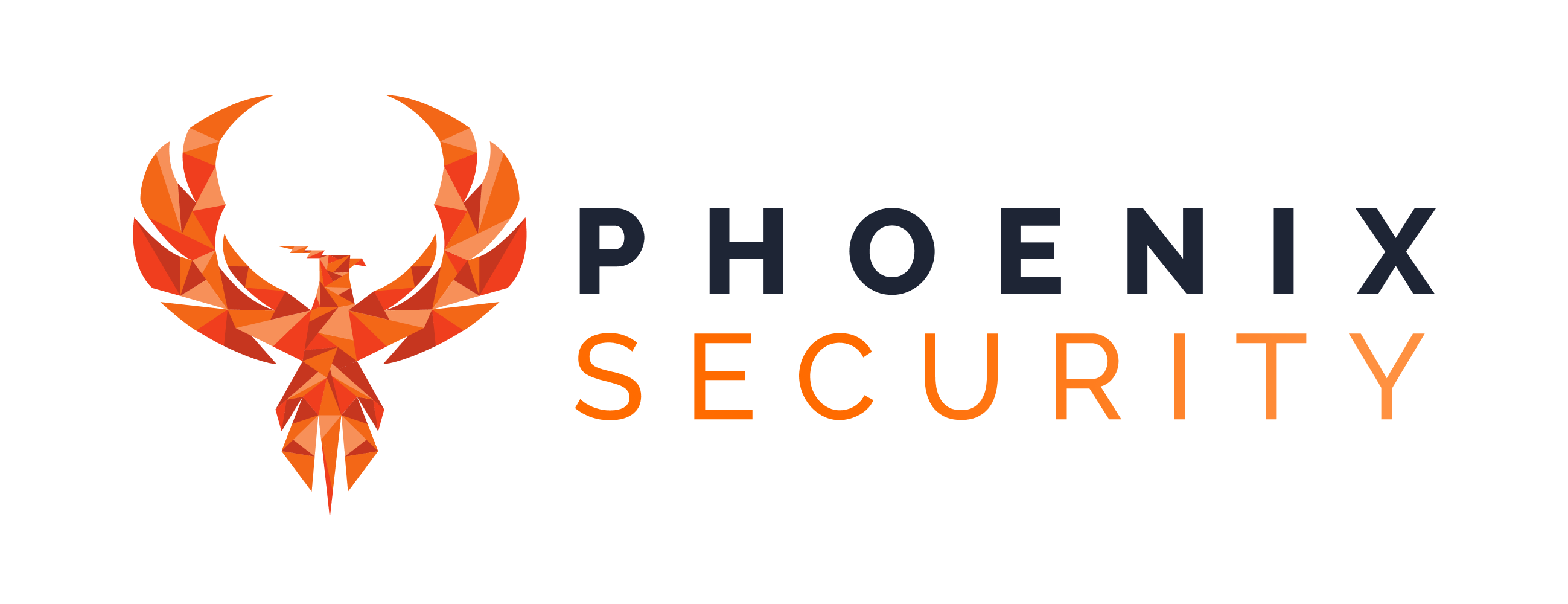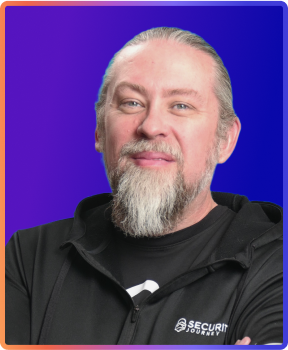Revolutionizing GCP Security: Integrating Google Cloud Security Command Center with Phoenix Security for Code-to-Cloud Native Protection
Revolutionizing GCP Security: Integrating Google Cloud Security Command Center with Phoenix Security for Code-to-Cloud Native Protection
In an era of increasingly complex cloud ecosystems, security is more critical than ever. Google Cloud’s Security Command Center (SCC), combined with Phoenix Security’s actionable vulnerability management, offers a robust code-to-cloud native integration. This partnership streamlines cloud security operations while empowering organizations to detect, understand, and remediate vulnerabilities with unprecedented efficiency.
What Is Google Cloud Security Command Center?
Google Cloud Security Command Center (SCC) is a comprehensive risk and security management platform. It centralizes insights into vulnerabilities, compliance issues, and misconfigurations across Google Cloud Platform (GCP) environments. Key features include:
1. Vulnerability Detection: Automates scanning for misconfigurations and vulnerabilities.
2. Compliance Monitoring: Tracks adherence to security standards and highlights non-compliant controls.
3. Risk Assessment: Assigns attack exposure scores based on cloud deployment risks.
4. Threat Findings: Integrates data from MITRE ATT&CK and VirusTotal for enriched threat intelligence.
5. Security Posture Management: Maps organizational policies to compliance standards and controls.
With built-in tools like Findings Retention, Risk Dashboards, and the detection of Toxic Combinations, SCC helps organizations maintain a strong security posture across their GCP environments.
Phoenix Security: Turning Insights into Action
Phoenix Security focuses on simplifying and prioritizing security operations by reducing noise and mapping vulnerabilities to business risks. Its platform connects security findings to actionable remediation tasks for developers, bridging the gap between security and engineering teams.
Integration Benefits: GCP SCC + Phoenix Security
The integration of Google Cloud SCC with Phoenix Security creates a unified solution that enhances security from code to cloud. Here’s how this partnership works:
1. Enhanced Vulnerability Detection and Prioritization
• GCP SCC identifies vulnerabilities across cloud resources, providing detailed information about affected resources and attack exposure scores.
• Phoenix Security contextualizes these findings, prioritizing vulnerabilities based on business impact and exploitability.
2. Unified Compliance Monitoring
• GCP SCC monitors compliance with security standards, highlighting gaps in security controls.
• Phoenix Security transforms these compliance insights into actionable workflows, enabling faster remediation by development teams.
3. Streamlined Risk Assessment
• GCP SCC assigns risk exposure scores to cloud deployments.
• Phoenix Security maps these scores to operational priorities, ensuring critical risks are addressed first.
4. Threat Intelligence Integration
• GCP SCC integrates with threat intelligence sources like MITRE ATT&CK and VirusTotal.
• Phoenix Security enriches this data by linking it to application-layer risks, enabling code-to-cloud traceability.
5. Improved Collaboration Between Teams
• GCP SCC’s findings retention and case management tools provide insights into high-severity issues.
• Phoenix Security integrates these insights into DevSecOps pipelines, fostering collaboration between security and development teams.
Why This Matters
The integration of GCP SCC with Phoenix Security addresses key challenges in cloud security:
• Noise Reduction: By filtering through extensive data and focusing on exploitable vulnerabilities, the integration prevents operational fatigue.
• Faster Remediation: Automated workflows ensure that teams can resolve issues without bottlenecks.
• Comprehensive Protection: From code to cloud, the combined solution provides end-to-end visibility and actionable intelligence.
This integration is particularly valuable for organizations navigating the complexities of multi-cloud and hybrid environments. It ensures that security measures align with business priorities without compromising innovation.
Key Features of the Unified Solution
1. Code-to-Cloud Visibility: Provides holistic insights into vulnerabilities across the entire application lifecycle.
2. Prioritized Remediation: Focuses on the most critical risks with contextual business intelligence.
3. Actionable Threat Intelligence: Combines SCC’s rich threat data with Phoenix Security’s actionable tasks.
4. Seamless DevSecOps Integration: Embeds security insights directly into developer workflows.
Setting the Standard for Cloud Security
The GCP SCC-Phoenix Security integration redefines cloud security, providing organizations with the tools to secure their applications, infrastructure, and data. By combining Google’s cutting-edge threat detection with Phoenix Security’s prioritization capabilities, this partnership ensures that vulnerabilities are addressed efficiently and effectively.
Whether you’re securing Kubernetes clusters, managing multi-cloud risks, or aligning application security with business goals, this integration offers a comprehensive solution to modern security challenges.
SEO Tags:
GCP Security, Google Cloud Security Command Center, cloud security, application security, Phoenix Security, vulnerability management, code-to-cloud, DevSecOps, risk assessment, compliance monitoring, Kubernetes security, runtime intelligence.
This integration underscores the importance of collaboration and innovation in staying ahead of evolving threats. Ready to secure your GCP environment? Let Phoenix Security and Google Cloud SCC lead the way.







